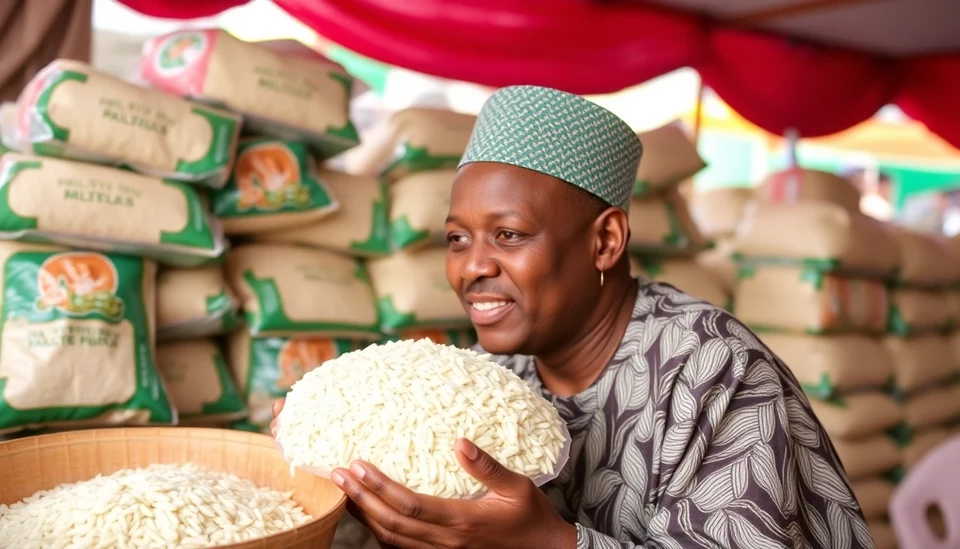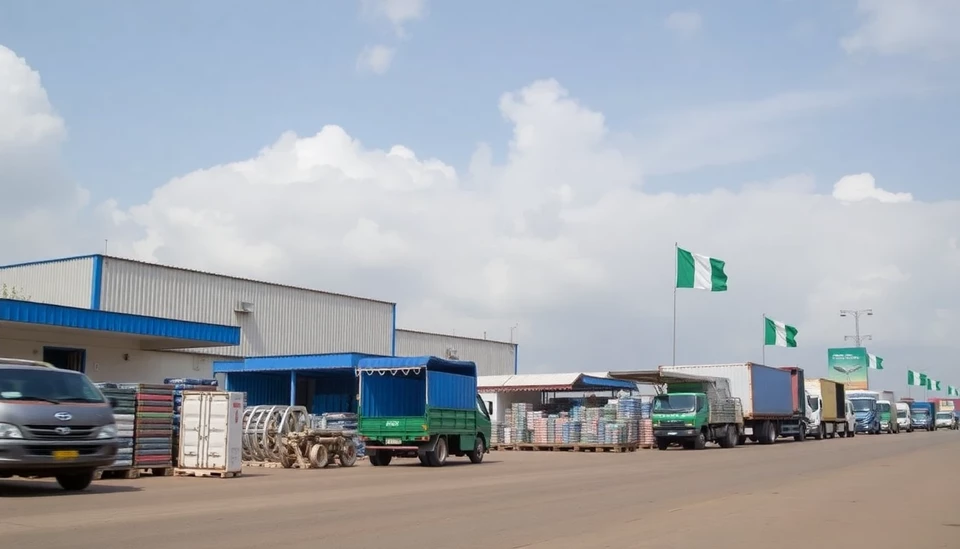
In a significant economic development, rice prices in Nigeria have surged to unprecedented levels, igniting concerns among consumers and raising questions about the viability of President Bola Ahmed Tinubu's food policies. This increase comes in the wake of several policy missteps and implementation challenges that have left many farmers and businesses in disarray, compounding the nation's ongoing struggle with food insecurity.
The current price of a 50-kilogram bag of rice has surpassed 50,000 naira (approximately $65), marking a steep increase that has drawn severe criticism from various sectors. This skyrocketing cost not only affects households, many of which rely on rice as a staple food, but also contributes to the wider escalation of inflation affecting the country's economy.
President Tinubu's administration had previously promised to shield consumers from the volatile food market by ramping up local production through various initiatives, including providing subsidies and implementing programs aimed at improving crop yield. However, the reality on the ground has proven to be starkly different, with local farmers facing various challenges such as inadequate infrastructure, fluctuating weather patterns, and dwindling access to quality seeds and farming equipment.
Many farmers have reported losses due to inconsistent government support and market instability. Furthermore, as the government encourages a transition away from imported rice, the dependency on local production has never been more crucial. However, the recent price hikes indicate that the local supply has not kept pace with demand, revealing a gap that could have long-term implications for national food security.
Experts warn that if this trend continues, it could lead to increased unrest among citizens who are already grappling with the effects of high inflation and reduced purchasing power. Economic analysts have also remarked on the long-term consequences of the government's inability to stabilize food prices, predicting that these events could exacerbate poverty levels and hinder economic growth.
As public frustration mounts, there are calls for the Tinubu administration to reassess its current agricultural policies and take actionable steps to rectify the situation. This could involve reassessing existing subsidies, improving access to credit for farmers, and enhancing logistical support to stabilize supply chains. The urgency is palpable, as the implications of failing to do so could reverberate throughout all levels of Nigerian society.
In conclusion, the current crisis surrounding rice prices in Nigeria underscores the critical need for effective policy implementation and support for the nation's agriculture sector. As citizens prepare for an uncertain economic future, the pressure is on the government to act swiftly and decisively to restore confidence in its food policies and safeguard the livelihoods of its people.
#Nigeria #RicePrices #FoodPolicy #Tinubu #Agriculture #EconomicCrisis #FoodSecurity #Inflation
Author: Laura Mitchell




